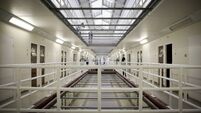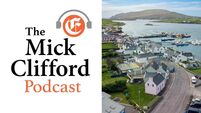'It wouldn’t be acceptable in a mainstream school, so why should we have to take it?'

In 2021, with the country still in the grip of the pandemic, a group of parents in Cork was desperately trying to highlight how their children had nowhere to go to school.
As they turned 12, a sizeable group of students with a dual diagnosis of autism and an intellectual disability due to move on to senior schools had been left in limbo.












